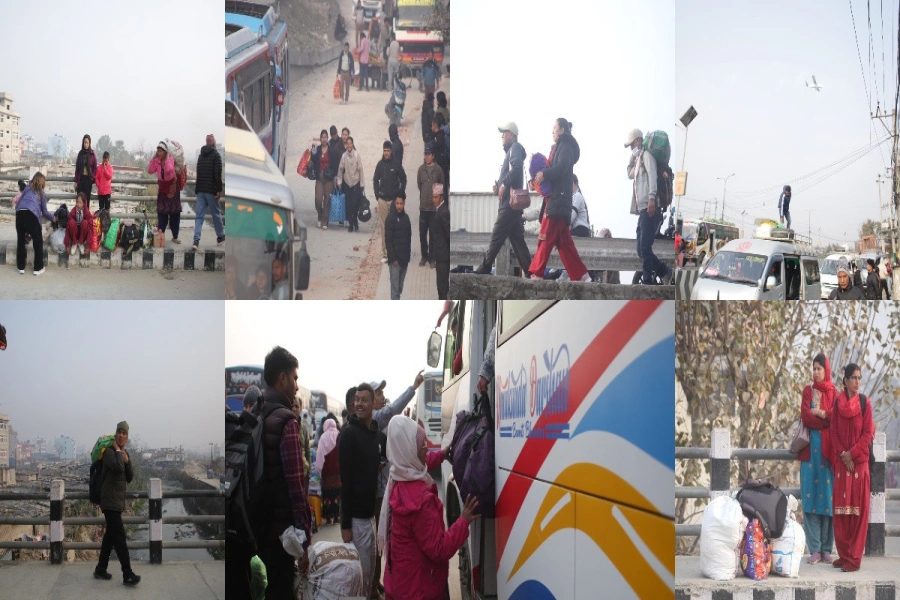The Constituency Infrastructure Development Program (CIDP) has remained a controversial matter ever since it was started during the transitional politics. Its efficacy and transparency have always been under question. There have always been the reports of the elected leaders, who decide where they can spend the fund and how, misusing the state funds for the projects which they launch basically to fulfill the needs, also to warm the pockets, of their cadres instead of serving the needs of larger public. Political leaders have been found to spend that money for the local clubs manned with their cadres or in petty works such as building taps and temples. In other words, the CIDP has become a big drain on the state coffers and a means to abet corruption. Strangely and unfortunately, no political parties—ruling or opposition—have called for scrapping this flawed program. Save for few youth leaders, others have either given silent approval to or been the vocal advocate of the system.
Why did provincial govts continue CIDP, despite criticism?

In this context, on Monday three of the Nepali Congress leaders—Prakash Rashailee Snehi, Rangamati Shahi and Prakash Pantha—filed a writ petition at the Supreme Court demanding that the regulations governing the CIDP are scrapped. Their argument is that CIDP discriminates between lawmakers elected under First Past the Post and those elected under Proportional Representation (PR) electoral system. They argue that this discrimination is unjust and that the Court should order to halt the fund distribution. Their contention is that the Constitution of Nepal has given equal status to FPTP, PR and National Assembly lawmakers but the CIDP (Working Procedures) Regulations introduced by the government has the provision to provide funds only to lawmakers elected under FPTP. The implied message here is: Since FPTP lawmakers are enjoying CIDP funds, PR and National Assembly lawmakers should also be availed of such benefits. Given the past trends of blatant misuse of the CIDP funds from the lawmakers, the need of the hour is to scrap the CIDP itself, instead of expanding it to cover all lawmakers.
Come to think of it, there are total of 165 FPTP and 110 PR lawmakers in the House of Representatives and National Assembly has a total of 59 members. The government has been providing Rs 60 million to each of the 165 lawmakers elected under FPTP in the lower house. If the 110 PR lawmakers in the lower house and 59 lawmakers of the upper house are also to be availed this fund, imagine the amount of money the state has to fork out for this purpose annually, and imagine the level of corruption and misuse of funds it will breed. We hope that the Supreme Court gives the right verdict in this regard. Meanwhile, political parties and the nation as a whole should not forget the fact that MPs have been grossly misusing CIDP. They have been spending the precious money on the development projects selected by their own cadres instead of those identified by the general public on the basis of local needs. The idea of CIDP itself has become irrelevant since local and provincial governments were formed in 2017. As we have argued in this space before, CIDP is a big drain on taxpayers’ money. It deserves to be discontinued once and for all.





-1200x560-1772467693.webp)





























